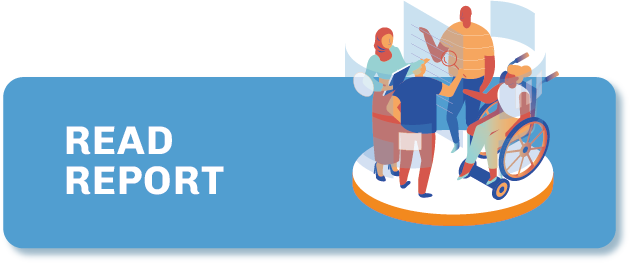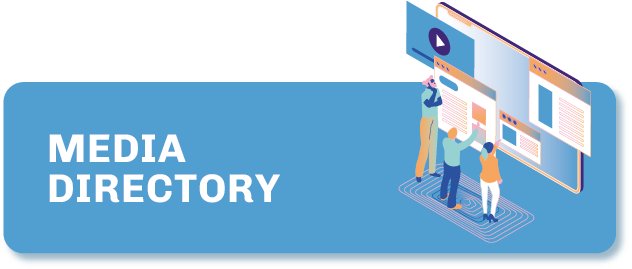Latvia
Small independent digital media outlets serving Latvian-speaking audiences struggle to fund themselves, and some of them rely only on volunteers. Latvia’s national digital news is in the hands of politicians or corporations. The situation is different, however, in the Russian-language news media scene. Both Latvian and Russian media outlets in Latvia enjoy press freedom.
GENERAL INFORMATION
Press
freedom
ranking
Internet
penetration
POPULATION
Media organisations
in the Directory
TYPE OF COVERAGE

TYPE OF ORGANISATION

GENDER OF FOUNDERS

Press freedom
Investigative and analytical journalism thrives in Latvia “allowing journalists to hold politicians accountable”, notes Reporters Without Borders in its Press Freedom Index. “Although access to public information is wide, transparency has been limited due to restrictions related to the Covid-19 pandemic and Russia’s warfare. The media regulator has been criticised for lack of independence from the government,” says the organisation.
“Journalists work in a generally safe environment but are subject to verbal attacks on the street and online,” it adds, noting that political attacks on the media and attempts to discredit journalists tend to multiply during election campaigns.
Market structure and dominance
Latvia’s media landscape is dominated by its public broadcaster (LTV) and private news outlets owned by corporations: TV3 Group, Express Group and Postimees Group.
Until recently, a significant share of the news market was occupied by the numerous TV channels controlled by the state authorities of Russia; some of these are now forbidden due to accusations of violation of Latvian and European Union (EU) legislation, says Reporters Without Borders.
Latvia’s digital news environment has recently become more diverse because political refugees from Russia have settled in Riga, and run their Russian-language media projects serving global Russian-speaking audiences from there.
The level of concentration in the news media market is very high, and the risk to market plurality is increasing, especially because of an increase in the concentration of digital media, according to the Centre for Media Pluralism and Media Freedom’s Monitoring Media Pluralism in the Digital Era (MPM 2022) country report for Latvia.
How media is funded
The major source of revenue for media outlets in the country is advertising. “Both private and public media struggle with insufficient funding. As for local media, some of them have to compete with municipality-financed information outlets,” notes Reporters Without Borders.
The public broadcasting funding model is undergoing transformation. Independent media outlets are funded by the Media Support Fund, which supports projects of particular social importance, notes the Centre for Media Pluralism and Media Freedom report. Recently, its efforts have been focused on tackling disinformation.
Ten profiles of digital native media organisations from Latvia are included in the directory. Five of them serve Russian-speaking audiences, four serve Latvian-speaking audiences and one exclusively produces English-language journalism.
Latvia’s independent media scene consists of two significant parts – media outlets focusing on Latvian-speaking audiences, and those focusing on Russian-speaking audiences. Very few of these outlets attempt to serve both audiences. The bulk of media outlets included in the directory are small, niche news projects focusing on a sole topic, for example culture or security, or a particular region. There are a few exceptions, but only independent Russian-language outlets offer general news and attract sizeable audiences.
The digital independent Russian-language media outlets are ahead of the Latvian ones in many areas. They are more technologically advanced, and implement cutting-edge funding models more efficiently. Their offer is wider in terms of media used (audio, video shows, quizzes, and so on), options for community engagement, journalism genres and techniques applied. Native digital, independent media outlets serving Latvian-speaking audiences mostly resort to state funding and various other grants.
Latvia’s independent digital media scene consists of two unrelated worlds – Latvian and Russian-language publications. These two worlds rarely interact with each other. The reach of independent digital news media outlets focused on Latvian speakers is lower; thus, their impact is limited. The Russian-language independent news media publications based in Latvia engage Russian speakers globally and enjoy their support.
Last updated: January 2023
CREDIT FOR STATISTICS: Press Freedom statistics, RSF Press Freedom Index 2022; Internet penetration and population statistics, from Internet World Stats

